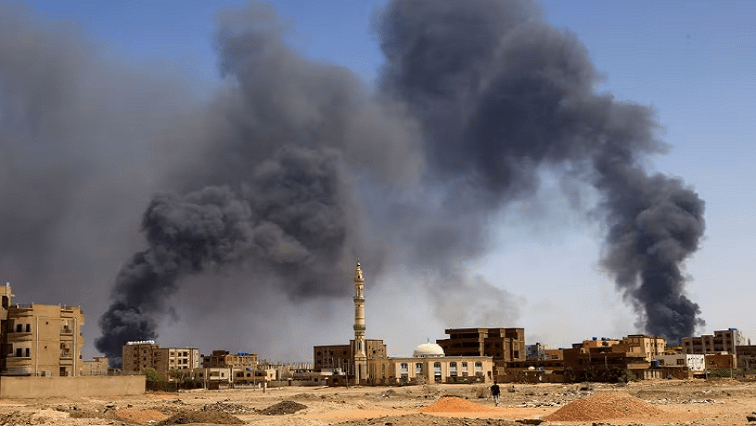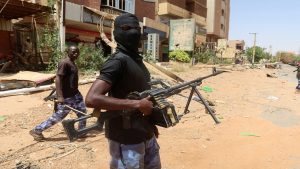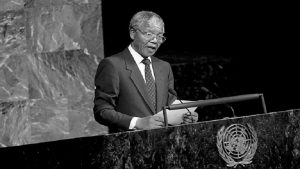United Nations Secretary-General Antonio Guterres has rejected the notion that the international community has failed the people of Sudan. This as the conflict there spirals, more than seven months since two military factions turned against each other.
Speaking alongside African Union (AU) Commission Chairperson Musa Faki Mahamat after holding the 7th high-level dialogue between the UN Secretariat and the AU Commission in New York, Guterres laid the blame firmly at the feet of the two generals whom he accused of engaging in a power struggle.
Earlier this month, the Sudanese government asked the UN to immediately terminate its political mission in the country.
The two leaders also touched on the future of peacekeeping operations in Africa, which had come under intense strain in recent months while Mahamat called for developed countries to meet their financial obligations at the upcoming COP28 Climate Summit in Dubai.
With growing concerns about atrocity crimes being perpetrated in the Sudan’s conflict, questions are being raised about the ineffectiveness of international pressure and mediation efforts that have failed to arrest the conflict between Sudan’s Armed Forces and the paramilitary Rapid Support Forces.
Guterres says, “You have two generals that completely disregard the interests of the population, that in a struggle for power, have been fighting and in some situations with massacres like the one of the Masilit (ethnic group) that has occurred.”
“After a gigantic effort that was led by the African Union, that established an agreement that should lead to a full democratisation of Sudan, and all of a sudden, instead of implementing that agreement, they do coup d’états and after that, they fight each other and probably with support in money and weapons by some others and then people say it’s the fault of the African Union of the United Nations. I think it is time to call a spade a spade. This is the fault of those that sacrificed the interests of their people for a pure struggle for power,” he adds.
Mahamat struck a more optimistic tone.
He says, “We have war in Sudan, as we and several of our partners are working to see a cessation of hostilities. There is a process in Jeddah in Saudi Arabia, I hope, and I’ve been told that things are moving forward and we might see a ceasefire immediately after that.”
“Obviously, there will be investigations, inquiries, there will be responsibilities drawn up and we’re currently focussing on stopping the hostilities. IGAD (the Intergovernmental Authority on Development) and the AU are working to launch a political process to bring them to a situation where a transition can come to an end and where elections can be held. Unfortunately, we’re not there yet,” says Mahamat.
Tensions remain high in Sudan:





